by urban-acupuncture | Sep 16, 2020 | Event
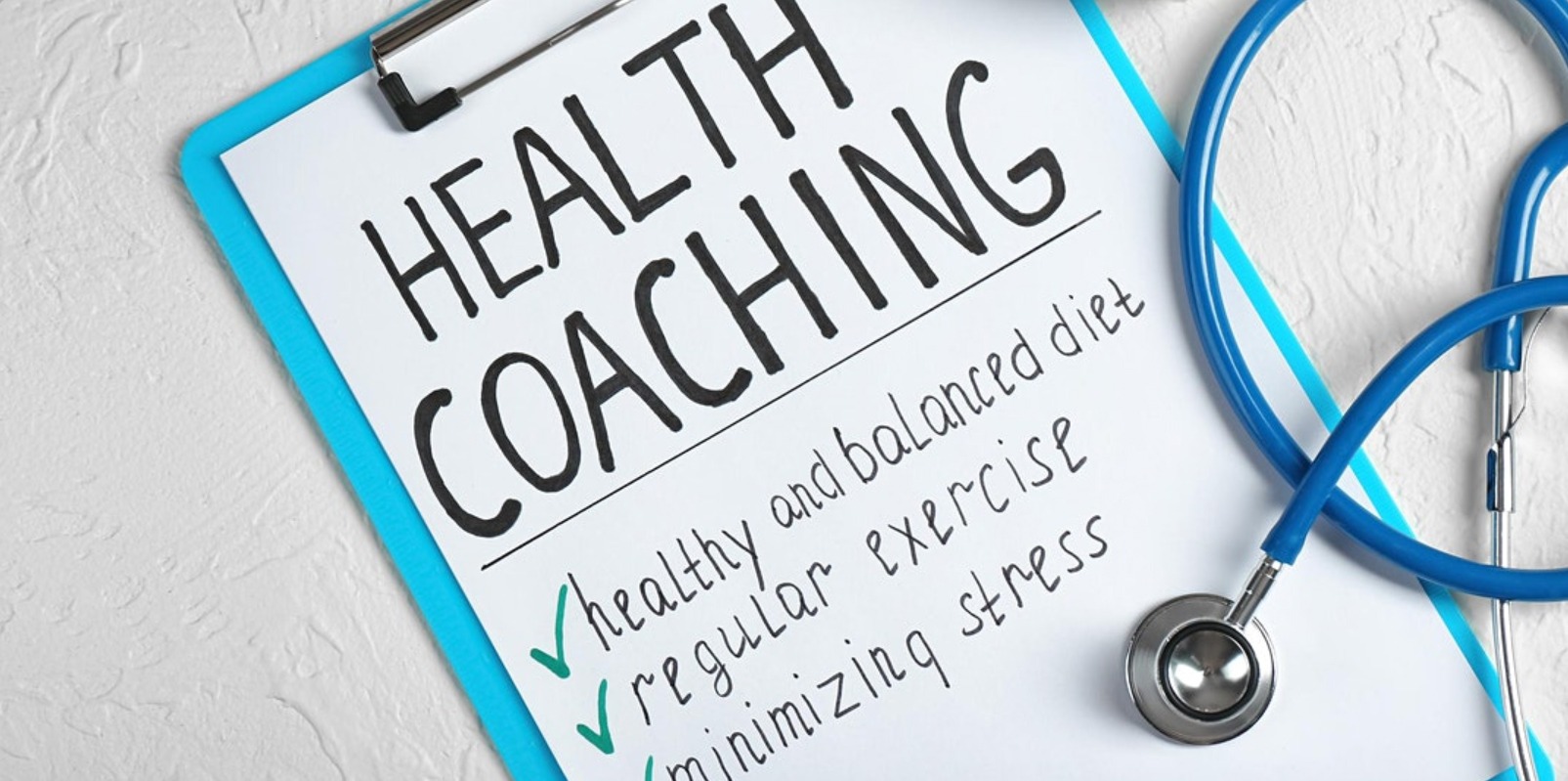 Hear more about the health and wellness coaching and discover how working with a coach can propel your health journey.
Hear more about the health and wellness coaching and discover how working with a coach can propel your health journey.
About the Health & Wellness Coaching Online Class:
If you’re eager to learn more about potentially reversing your chronic conditions and autoimmune diseases, attaining a satisfying work/life balance, better managing stress, developing more consistent sleep patters, reaching your desired goal weight, and much more, you won’t want to miss this class!
Join certified Health & Wellness Coach Alissa Klein for an introduction to coaching. Hear more about the practice and discover how working with a coach can propel your health journey!
This event will be hosted virtually. An access link will be sent to participants prior to the event.
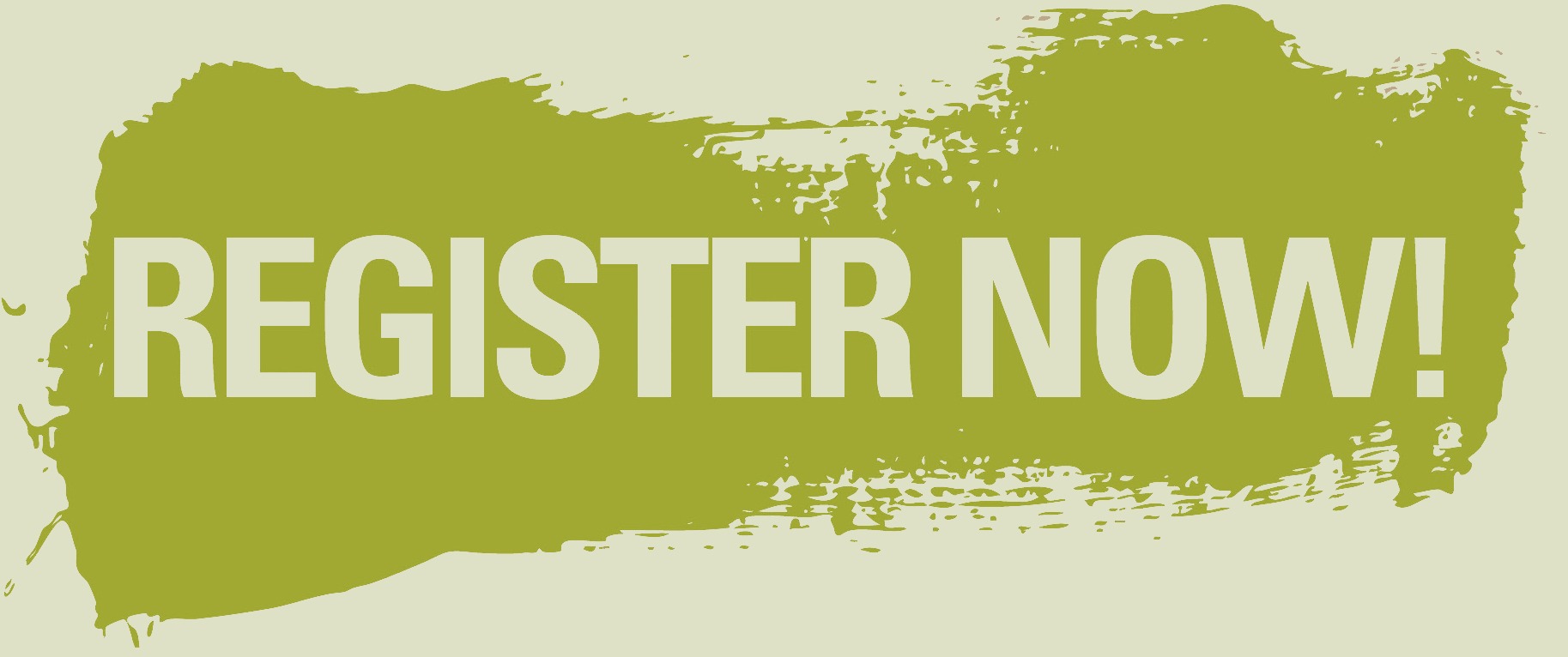
About Alissa: https://urbanacupuncturecenter.org
About Urban Acupuncture Center: https://urbanacupuncturecenter.org/about-us/
by urban-acupuncture | Sep 13, 2020 | Massage Therapy
Deep Tissue Massage vs Sports Massage
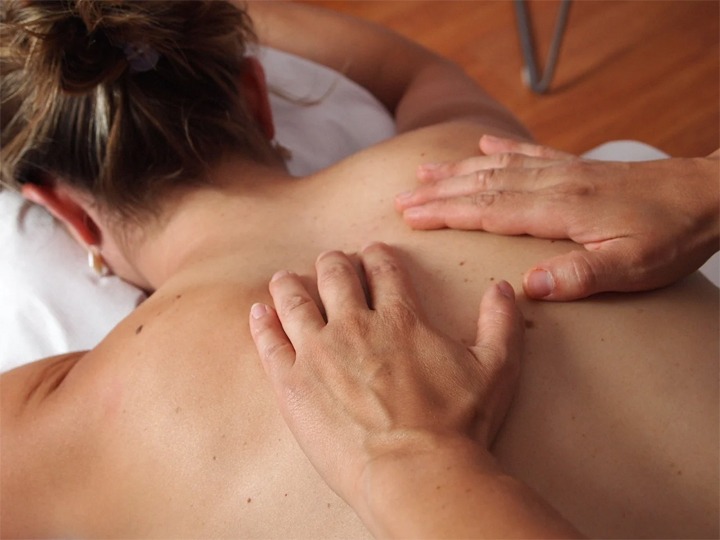 Massage is not a one-size-fits-all treatment. For a massage to be effective and successful, it must be carefully tailored to the needs of each individual. When thinking about what you want to get out of your massage treatment, it is important to understand the difference between various types of massage, and why you may want to choose or request one type over another.
Massage is not a one-size-fits-all treatment. For a massage to be effective and successful, it must be carefully tailored to the needs of each individual. When thinking about what you want to get out of your massage treatment, it is important to understand the difference between various types of massage, and why you may want to choose or request one type over another.
Some massage techniques tend to be appropriate for individuals looking for overall well-being. These techniques—such as Swedish massage—can generally be grouped together as “relaxation massage”.
Some massage techniques are designed to target specific issues, areas of concern, or even injuries. These techniques—such as sports massage and deep tissue massage—are usually known as “rehabilitation massage”.
Both deep tissue massage and sports massage utilize similar bodywork so understanding the differences between them can be a bit confusing. In this blog, we will identify some of the key differences between these two rehabilitation techniques, and offer some guidance on how to choose the right one for you.
Deep Tissue Massage
During a deep tissue massage, your licensed massage therapist will utilize firm pressure and kneading to loosen, stretch, and relax large muscle groups. Generally speaking, it is a whole body technique, or may focus more specifically on the upper body or lower limbs; however, it is not meant to focus on any one specific area of the body or particular injury.
Deep tissue massage is ideal for:
- Relieving muscular tension
- Stress reduction
- Breaking down knots in large muscle groups
- Reducing the build-up of toxins in the muscles
- Increasing circulation and blood flow to the muscles
Sports Massage
A sports massage is a more targeted type of bodywork, utilizing firm pressure and kneading to address specific areas of concern usually—but not always—associated with injury, high volume training, and tight muscles that impede performance.
Sports massage is ideal for:
- Improving muscle flexibility and range of motion
- Improving power and performance in athletes
- Preventing injury
- Addressing DOMS and decreasing recovery time between workouts
- Improving healing time and recovery from injury
Of course, despite the name, you don’t need to be an athlete for sports massage to be appropriate for you. Sports massage may be appropriate for anyone suffering from a specific muscular injury or problem area that would benefit from a reduction in discomfort and pain and an increase in muscular flexibility and range of motion.
Differences and Similarities in Sports Massage and Deep Tissue Massage Techniques
As noted, the main difference between sports massage and deep tissue massage is target and focus. For the most part, the techniques used by your massage therapist, therefore, are likely to be similar. Both types of massage involve circular movements, kneading, pressing, tapping, and vibrations to manipulate the targeted musculature.
Because sports massage is more focused on a specific muscle group, it may also involve passive stretching, which is less likely to be beneficial during a more broadly-focused deep tissue massage.
And there is one other way in which sports massage and deep tissue massage are similar: getting results can be uncomfortable! Both techniques require your massage therapist to use pressure to get into the built-up knots, scar tissue, and problem areas deep within large muscle groups. Therefore, regardless of which technique you choose, you should be sure to communicate honestly with your therapist before and during the massage about your concerns and your expectations.
Sports Massage or Deep Tissue Massage: What Should You Choose?
When deciding which type of massage technique to choose—sports massage or deep tissues massage—it can help to identify why you want the massage in the first place. Do you find that your legs frequently get sore after sitting at a desk or walking all day during work? Then a deep tissue massage focusing on your lower body may be appropriate. Do you have a sore hamstring from a recent recreational hike? Then a sports massage may be more appropriate. Asking yourself these types of questions can help narrow down what you want your therapist to focus on.
If you are still unsure, however, the best thing to do is tell that to your therapist! It’s ok to not be quite sure which one is appropriate. Your massage therapist should start your appointment with an in-depth discussion about any pain or discomfort you are experiencing, your level (or desired level) of activity and exercise, and any ongoing medical concerns. From here, your licensed massage therapist should be able to develop a treatment plan incorporating the correct massage type to address your unique concerns.
Contact Urban Acupuncture Center in Columbus, OH For More Information
For more information about how acupuncture, massage therapy and other alternative healing treatments can help you, please contact the Urban Acupuncture Center Board Certified Licensed Acupuncturist’s team at Indianola Ave, Clintonville (614) 725-2488 | Main St, Westerville (614) 426-4406 or click here. Taking new patients in and around greater Columbus, Ohio.
by urban-acupuncture | Sep 12, 2020 | Acupuncture Columbus
Meditation, Mudras, and Mantra
This online workshop is the first of a series of self care and healing modalities.
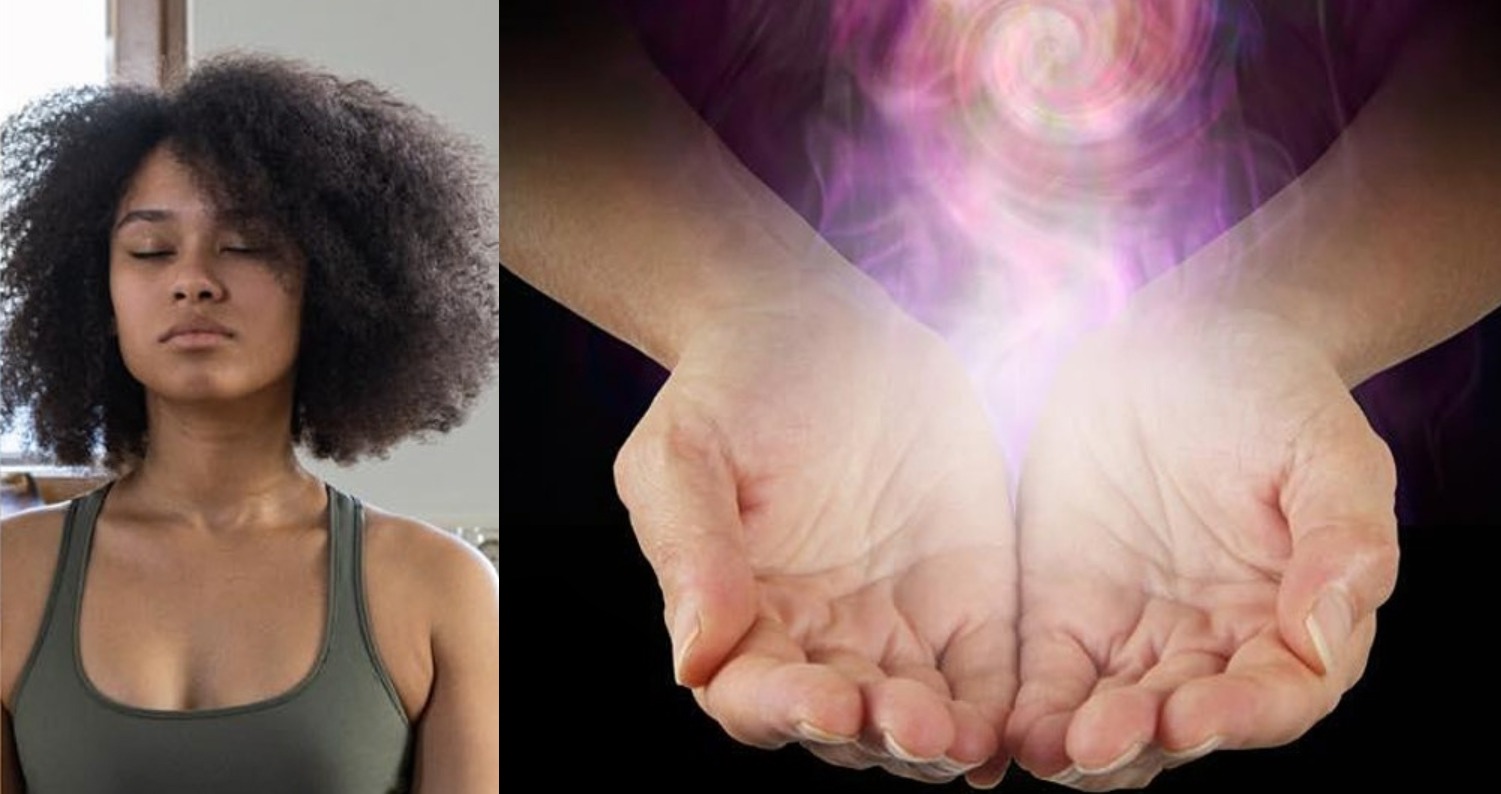 Series Part 2/3 – About this Event
Series Part 2/3 – About this Event
2020 has wrecked havoc on your nervous system, and you could be looking for alternative ways to cope with anxiety and stress.
Dawn will host a guided meditation series that includes calming breath work and peaceful mantras ( a word or sound repeated to aid concentration in meditation).
These ancient techniques require no previous experience and can be useful as a daily practice for calming the mind and soothing the spirit.
This event will be hosted virtually via Zoom. An access link will be sent to registrants prior to the event.
REGISTER NOW!
…………………………………………………………………………………………………………………………..
Intuitive Healing Session
This online workshop is the third of a series of self care and healing modalities.
Series Part 3/3 – About this Event
Dawn will be sharing and in depth energy forecast for the last month of 2020, and some visions of the next year. This includes a psychic reading for the group to gain insights. This session will end with a group distance Reiki healing session.
What is distance Reiki?
The distance symbol is used to cross any distance in time or space. It allows practitioners to clear blockages from someone’s past, as well as perform reiki on someone who is not physically present. Distance Reiki works according to an ancient principle called the Hermetic Law of Similarity, which holds that we are all connected, as we are all made of energy and part of a larger whole. Invoking this law during a distance Reiki session allows the practitioner to link up to the energy field of the recipient.
How it works:
Distance Reiki can be sent to anyone, anywhere and at any time—though permission should be invoked or received in some way. When I’m performing reiki on someone who is not present, I’ll typically work with the recipient’s photo and a healing crystal. Other practitioners, however, might say that these objects unnecessary since Reiki energy can be sent to anyone simply by directing thoughts and energy to that person.
Regardless of distance, Reiki can have benefits such as increasing feelings of relaxation, happiness, empowerment, and ease.
We all have access to the life force energy, otherwise known as our chi, qi or prana, that flows through each and every living being. Distance Reiki is one of many ways to link to and channel this energy for the healing benefit of others.
This event will be hosted virtually via Zoom. An access link will be sent to registrants prior to the event.
REGISTER NOW!
by urban-acupuncture | Sep 3, 2020 | Acupuncture
Acupuncture Could Help Treat Your Hay Fever (Rhinitis) Symptoms
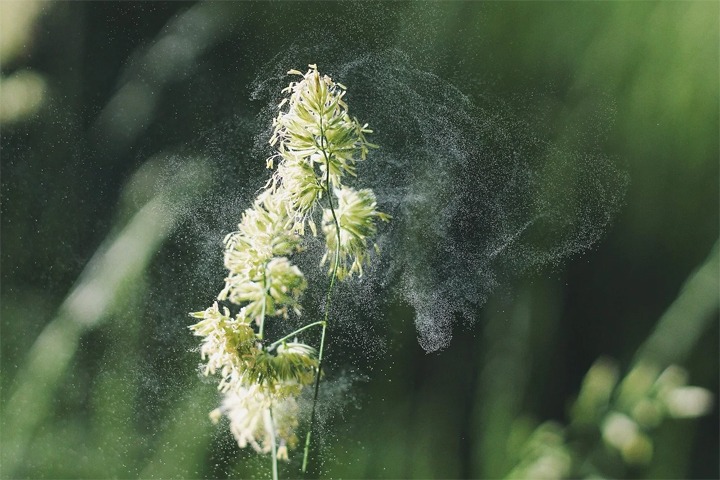 If you suffer from hay fever, you know just how miserable it can make you feel. Depending on the time of year and the severity of your symptoms, hay fever can even impact your performance at work or at school. Sometimes just getting through a normal day can feel like a challenge.
If you suffer from hay fever, you know just how miserable it can make you feel. Depending on the time of year and the severity of your symptoms, hay fever can even impact your performance at work or at school. Sometimes just getting through a normal day can feel like a challenge.
Hay fever is the common term for a medical condition known as allergic rhinitis. Simply put, it’s an allergic response to a trigger in the environment. Unfortunately, most hay fever triggers—like pollen—are unavoidable. Yet it is possible to control the symptoms. Conventional treatments for hay fever usually include antihistamines and nasal sprays.
Acupuncture, either as a stand-alone treatment or as a complement to medicinal treatments, can also provide both short-term relief from specific hay fever symptoms and longer-term treatment for the chronic, underlying conditions that may make you more susceptible to allergens in the environment. If you suffer from seasonal allergies and think acupuncture might offer you some relief, we encourage you to make an appointment with a licensed acupuncturist for a consultation.
Causes of Allergic Rhinitis (Hay Fever)
Allergic rhinitis is commonly called hay fever because it is usually associated with seasonal allergies. In other words, your body has an allergic response triggered by various types of pollen produced by trees, flowers, and grass. When you suffer from seasonal allergies depends in large part on where you live, the types of flora that grow in your region, and when they naturally produce triggers your body is allergic to.
The most common environmental triggers include:
- Tree pollen (early spring)
- Grass pollen (late spring and summer)
- Ragweed pollen (fall)
- Mold and fungi spores (can be either seasonal or perennial)
However, hay fever can also include indoor allergens such as:
- Dust mites
- Cockroaches
- Pet dander (dried particles of skin, saliva, and urine that become airborne)
Symptoms of Allergic Rhinitis (Hay Fever)
Allergic Rhinitis (hay fever or seasonal allergies) is easy to confuse with the common cold. Many of the symptoms are very similar, even if the underlying cause is very different: environmental allergy triggers for hay fever and a virus for the common cold. Common symptoms include:
- Nasal congestion (i.e. a “runny nose”)
- Post-nasal drip
- Sneezing
- Coughing
- Difficulty breathing or wheezing
- Itchy, watery, or red eyes
- Itchy nose and throat
- Swollen discoloration in the skin under the eyes
- Itchy skin or a rash
Allergic Rhinitis and Acupuncture
Acupuncture can help some patients find relief from seasonal allergies or hay fever in two ways.
First, acupuncture can help provide immediate relief from specific symptoms. For instance, stimulating acupuncture points around the nose and sinuses can help relieve nasal congestion and sneezing associated with seasonal allergies. Acupuncture points on the feet can be associated with itchy, watery eyes. And there are a variety of acupuncture points around the body that can help calm and soothe an immune system that has been sent into overdrive by the presence of allergens in the environment.
Second, acupuncture can offer some patients longer-term relief by stimulating the body’s natural defenses. Acupuncture is believed to help boost the immune system and help the body fight inflammation. Therefore, multiple acupuncture treatments in advance of allergy season can help your body develop a more appropriate—and less miserable—response to common environmental triggers.
If you suffer from seasonal allergies, and believe you might benefit from acupuncture, the first step is to make an appointment with a licensed and experienced acupuncturist. He or she can work with you—as well as with your allergist and primary care physician—to develop a comprehensive treatment plan. In some cases, this may involve multiple treatments over time, and scheduled at various times of the year to coincide with your specific hay fever triggers.
Contact Urban Acupuncture Center in Columbus, OH For More Information
For more information about how acupuncture, massage therapy and other alternative healing treatments can help you, please contact the Urban Acupuncture Center Board Certified Licensed Acupuncturist’s team at Indianola Ave, Clintonville (614) 725-2488 | Main St, Westerville (614) 426-4406 or click here. Taking new patients in and around greater Columbus, Ohio.

 Hear more about the health and wellness coaching and discover how working with a coach can propel your health journey.
Hear more about the health and wellness coaching and discover how working with a coach can propel your health journey.
 Massage is not a one-size-fits-all treatment. For a massage to be effective and successful, it must be carefully tailored to the needs of each individual.
Massage is not a one-size-fits-all treatment. For a massage to be effective and successful, it must be carefully tailored to the needs of each individual. Series Part 2/3 – About this Event
Series Part 2/3 – About this Event If you suffer from hay fever, you know just how miserable it can make you feel. Depending on the time of year and the severity of your symptoms, hay fever can even impact your performance at work or at school. Sometimes just getting through a normal day can feel like a challenge.
If you suffer from hay fever, you know just how miserable it can make you feel. Depending on the time of year and the severity of your symptoms, hay fever can even impact your performance at work or at school. Sometimes just getting through a normal day can feel like a challenge.